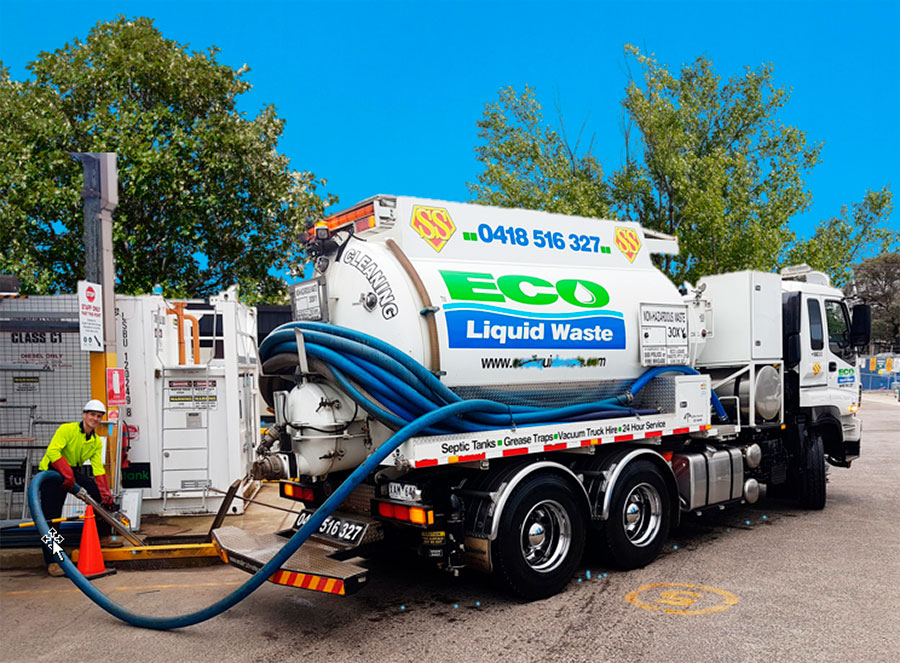About Reclaim Waste
About Reclaim Waste
Blog Article
4 Easy Facts About Reclaim Waste Explained
Table of ContentsReclaim Waste Things To Know Before You BuyThe Best Strategy To Use For Reclaim WasteWhat Does Reclaim Waste Mean?Unknown Facts About Reclaim WasteFascination About Reclaim Waste
Through proper liquid waste management, companies can lower energy-intensive treatment procedures and disposal prices. By adhering to a system for handling fluid waste, firms can avoid costly fines and fines and prevent negative publicity.(https://ameblo.jp/reclaimwaste1/entry-12874802223.html)Gather depictive examples from different points within the waste stream to ensure precision. Fluid waste, particularly harmful ones, positions considerable risks during this action.

is needed when the effluent will be recycled or discharged right into metropolitan swimming pools. Sanitation (e.g., chlorination, ultraviolet light, ozonation) and nutrient removal (e.g., denitrification and phosphorus removal) are suggested under strict policies. This phase in the process is strictly regulated due to the fact that it is when most dangers take place. Many firms violated a number of fluid waste disposal guidelines recently.
Reclaim Waste Fundamentals Explained

are used by markets that create huge quantities of low-toxicity liquid waste. Superficial containers include liquid waste that is allowed to evaporate with all-natural procedures. The deposit left can be dealt with in garbage dumps. includes burning fluid waste at high temperature levels and transforming it into gas and ash. This type of disposal undergoes rigorous ecological regulations due to potentially harmful emissions.
The findings ought to be documented, assessed, and saved not simply for submission to regulative authorities but additionally for making renovations in the future. Share details with pertinent stakeholders (e.g., employees, regulative federal government agencies, and neighboring areas) to keep transparency and accountability.
Understanding these can help them efficiently handle their operations and lessen their ecological effect. Business that can not spend in facilities should take into consideration teaming up with the public market for much better solutions.
The Definitive Guide to Reclaim Waste
By executing detailed administration systems that consist of therapy and reusing strategies, normal surveillance, danger analyses, and adherence to article source neighborhood and federal regulations, industrial centers can add to the protection of groundwater supplies, guaranteeing their availability for future generations (liquid waste removal). Let's look into the value of efficient fluid waste monitoring in the commercial market, concentrating on its ramifications for safeguarding groundwater resources
The air pollution of groundwater sources due to improper fluid waste management in the industrial sector has significant repercussions for human health, agriculture, and the setting overall. A few of the potential impacts created by such pollution consist of: Polluted Alcohol consumption Water Supplies: As groundwater provides a considerable section of our alcohol consumption water, air pollution from industrial activities can result in hazardous chemicals and microorganisms entering our water systems, posing health dangers for human beings.
Minimized Agricultural Productivity: Farming counts greatly on groundwater for watering; as a result, contaminated water can prevent plant returns, pollute agricultural items, and impact food safety. Given the importance of protecting groundwater resources, it is important for businesses to take an aggressive stance in handling their fluid waste properly and protecting against air pollution.
The Ultimate Guide To Reclaim Waste
Fluid waste can pollute land and pollute waters. Info about dealing with and storing liquid waste, reacting to spills and decreasing liquid waste is available in the following truth sheets and assistance:.
Water, the essence of life, is under consistent risk from contamination. The role of waste monitoring specialists in protecting this valuable resource can not be overemphasized. Their solutions consist of: Sewage-disposal tank and oil catch cleansing: Vital for preventing unsafe toxins from entering our water systems. Contaminated water and contaminated effluent administration: Making sure that unsafe fluids are safely eliminated and dealt with prior to they can harm our water resources.
Thus, integrating sustainable fluid waste administration right into economic preparation enhances economic stability and protects the atmosphere, showing the worth of this approach. In conclusion, embracing professional fluid waste administration techniques is vital for guaranteeing a sustainable future, protecting our setting and protecting the wellness of future generations.
When it comes to throwing away waste, adhering to appropriate procedures is important for a plethora of reasons. Appropriate garbage disposal is not just concerning tidiness; it's about ensuring the health of our setting, health and wellness, and the efficient use resources. Recognizing the significance of effective waste monitoring can assist us all add to a much healthier, cleaner earth.
The 4-Minute Rule for Reclaim Waste
Effective waste management assists preserve clean roads and public rooms, reducing the visual influence of clutter and making sure that waste does not damage wild animals. When waste is not disposed of properly, it can result in pollution, where harmful compounds can seep right into the soil, water systems, and the air, producing long-lasting environmental troubles.
Report this page